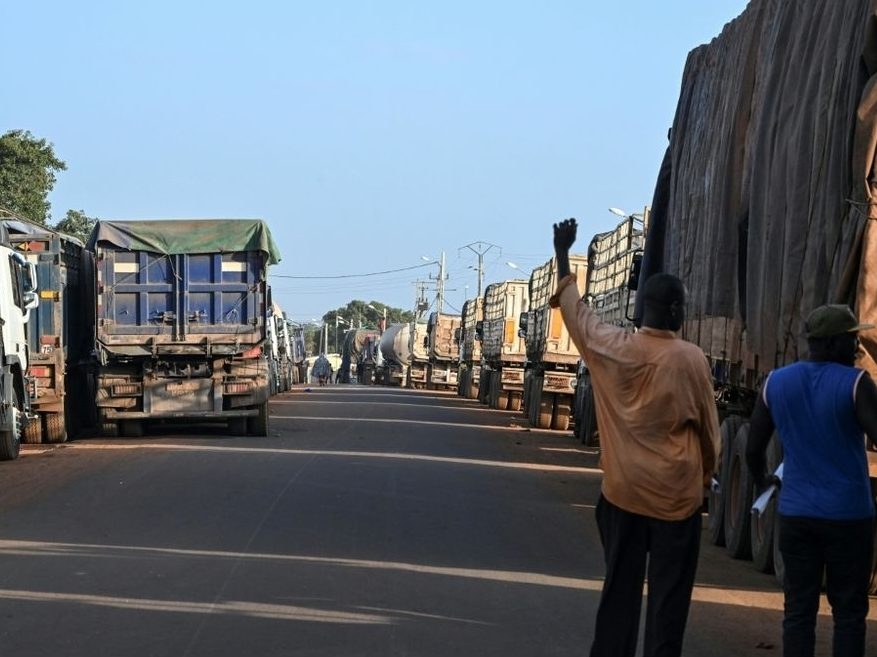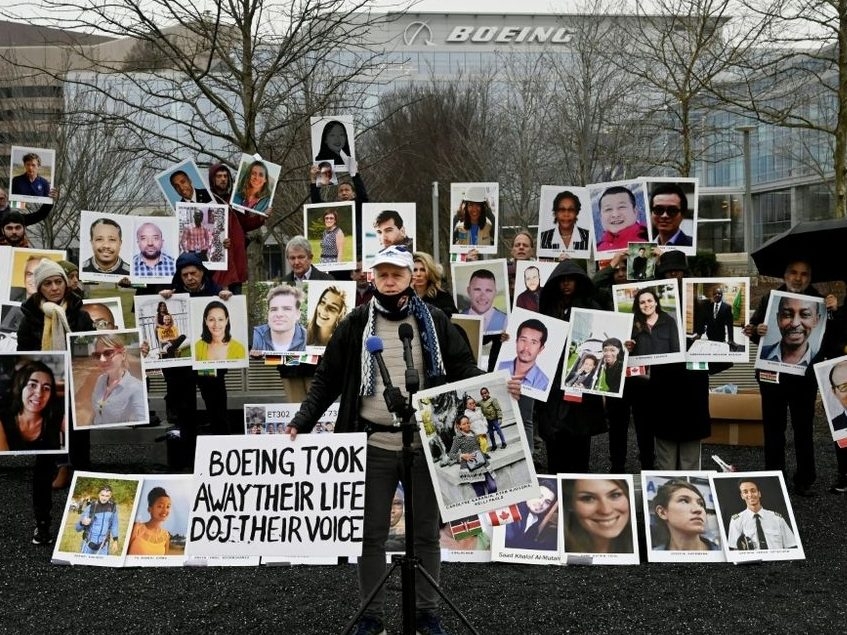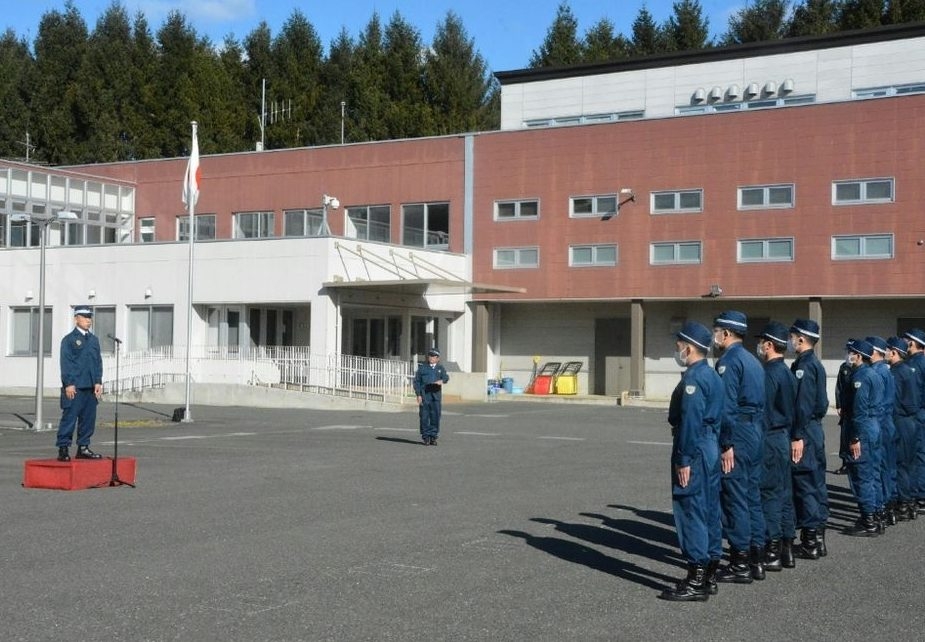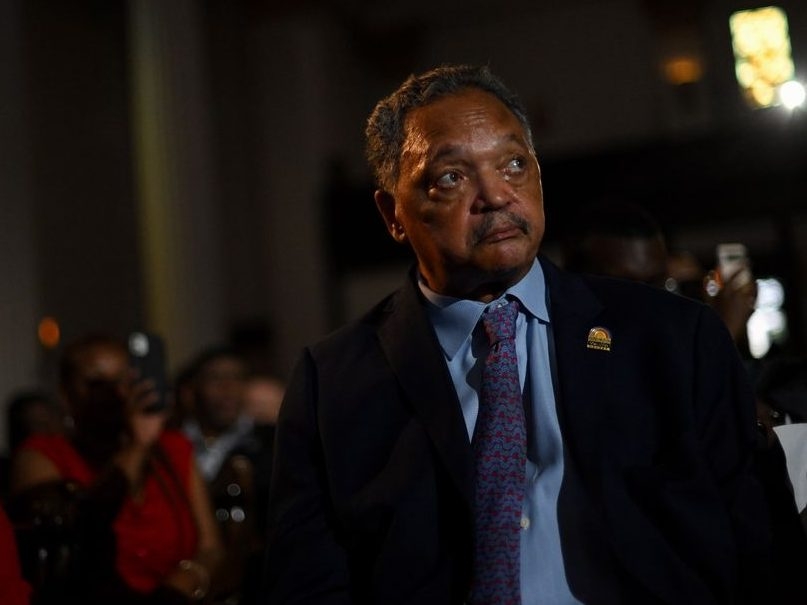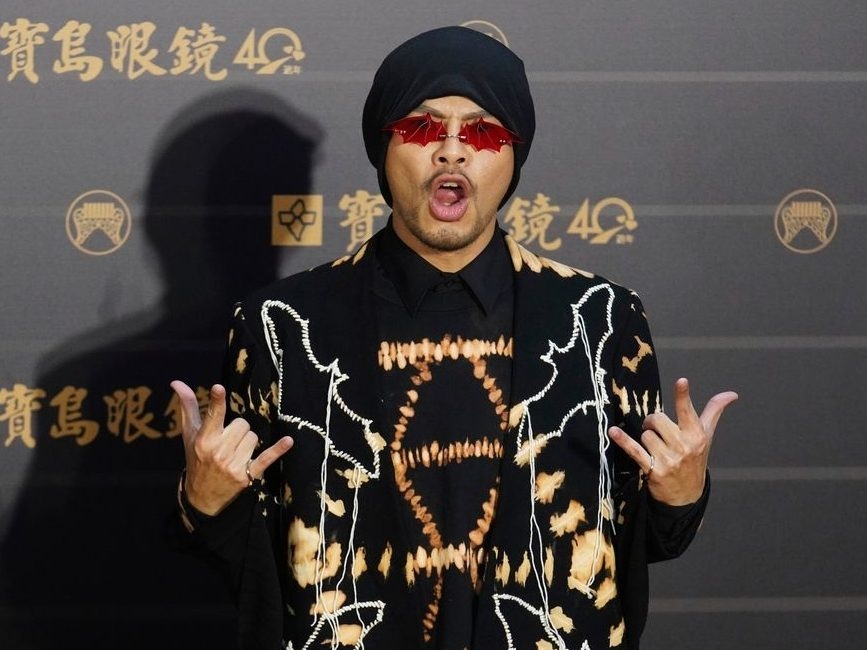A fragile peace hung over the recent G7 foreign ministers’ meeting in Niagara-on-the-Lake, overshadowed by escalating tensions and unanswered questions. While Prime Minister Mark Carney offered an apology and a show of cordiality towards a key world leader, substantive negotiations remained stalled, a silent testament to deeper fractures.
The meeting, concluding Canada’s G7 presidency, was intended as a demonstration of global unity, a bolstering of multilateralism in the face of mounting challenges. Canada’s representative actively courted new partnerships, extending invitations to nations like Australia, Brazil, and India, seeking to build resilience against disruptive trade policies.
However, the shadow of American military action loomed large. Reports surfaced of strikes against vessels in Caribbean waters, resulting in a rising death toll – now reaching 76 – attributed to targeting narcotics traffickers. Yet, the administration has offered no public evidence to support these claims.
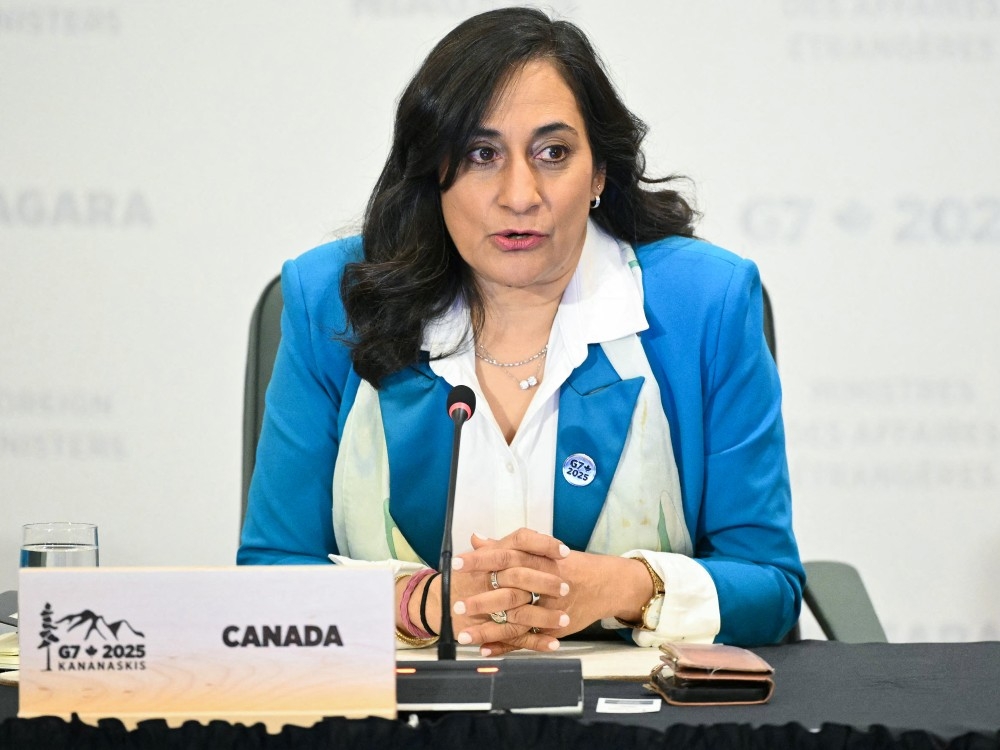
The international community’s unease grew as allies began to distance themselves. The United Kingdom reportedly halted intelligence sharing with the United States, citing concerns over legality and a refusal to be complicit in the operations. France’s foreign minister went further, directly stating the strikes violated international law.
Canada maintained its participation in Operation Caribbe, focused on narcotics interception, but clarified it was not involved in the controversial strikes themselves. Officials emphasized the U.S. reliance on its own intelligence, and acknowledged the issue wasn’t directly raised in discussions with key American figures.
The summit culminated in a joint statement addressing a range of global crises, from the precarious ceasefire in Gaza to security concerns in the Indo-Pacific region. Notably absent from the communique was any mention of the U.S. military actions, a conspicuous omission that spoke volumes.
The G7 reaffirmed its unwavering support for Ukraine, condemning Russia’s continued attacks on critical infrastructure as winter approached. The statement underscored the fundamental principle that international borders should not be altered through force, a stark rebuke of Russian aggression.
Despite nearly four years of brutal conflict, diplomatic efforts to achieve a ceasefire in Ukraine remain deadlocked. While some leaders maintain a firm stance against Russia, others offer a more inconsistent approach, complicating the path towards resolution.
A previous G7 leaders’ summit in Alberta had been marred by a similar lack of unity, with a key leader departing early to address separate concerns. The resulting inability to release a joint statement on Ukraine highlighted the deep divisions within the group.
Recent sanctions targeting Russia’s oil sector, set to take effect, represent a renewed attempt to exert economic pressure. Canada has also announced its own sanctions, focusing on individuals and entities involved in Russia’s drone and cyber attacks against Ukraine.
These new Canadian sanctions target 13 individuals, 11 entities, and 100 vessels linked to Russia’s efforts to evade existing restrictions, aligning with similar actions taken by the United States, the European Union, and the United Kingdom. The move underscores Canada’s commitment to supporting Ukraine and increasing the cost of Russia’s aggression.
As the G7 meetings concluded, a sense of unease lingered. The pursuit of multilateralism felt increasingly challenged by unilateral actions and diverging priorities, leaving the future of global cooperation uncertain.
The Canadian representative’s commitment to Ukraine remained steadfast, but the broader landscape revealed a world grappling with complex crises and a growing struggle to find common ground.
